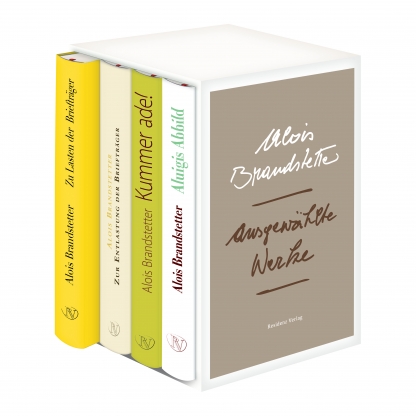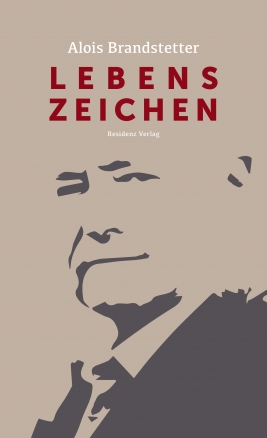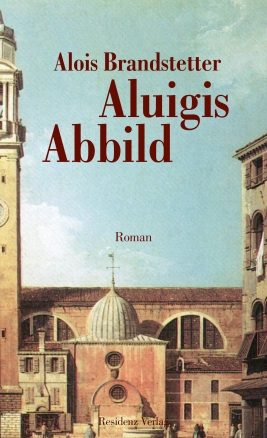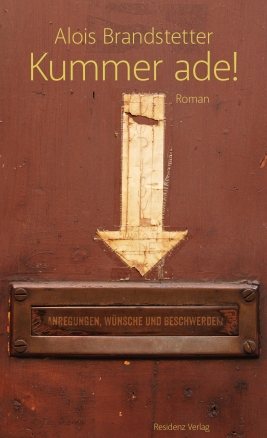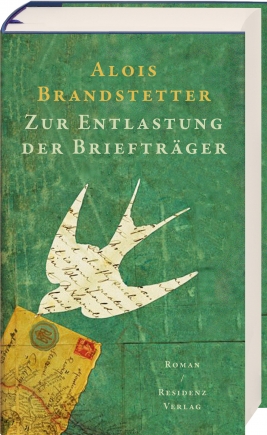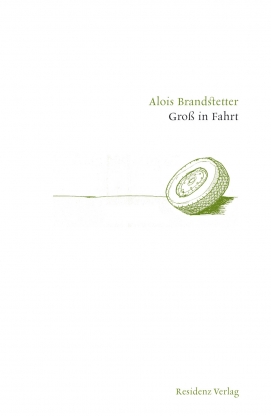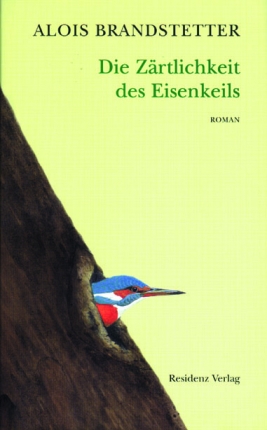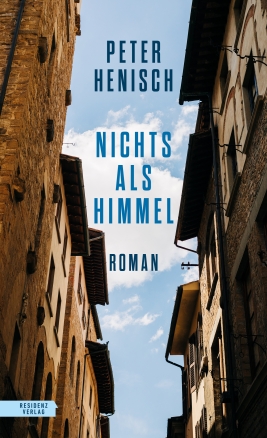Brandstetter inspiriert zum Nachdenken, die Wortspiele bringen den Leser aber hauptsächlich zum Schmunzeln oder hellauf Lachen, ohne dabei den Rubikon überschreiten zu müssen.
[Quelle: Martin Grabner, KURIER]
Amüsante Anekdoten
[Quelle: TVMEDIA]
Alois Brandstetter nutzt die „Nachspielzeit“, um monologisierend zu unterhalten, zu bewegen und zu belehren.
[Quelle: Konrad Holzer, BUCHKULTUR]
Man folgt Brandstetter gerne auf seinen verschlungenen Wegen durch die Geistesgeschichte, macht Zwischenstopps bei prominenten Autonarren (...) und begegnet Freunden, Schulkollegen und Lehrern aus seinem reichen Leben. Unaufdringlich sind die Repliken auf seine Bücher, voll mit verschmitztem Humor ist seine Selbstcharakterisierung.
[Quelle: Karin Waldner-Petutschnig, KLEINE ZEITUNG]
Egal, was Alois Brandstetter anregt: Immer führt er durch Sprach- und Kulturlandschaften, durch die zu gehen man nie erwartet hat, in denen aber eine Überraschung auf die andere folgt und die man trotz ihrer überbordend wissensreichen Anmutung (...) äusserst vergnüglich ist.
[Quelle: Manfred Schiefer, KANAL K]
„Nachspielzeit“: Alois Brandstetters hoffentlich nicht letztes Buch (...) Alois Brandstetter verknüpft eine kleine Phänomenologie des Autofahrens mit Erinnerungen an Personen, Leseeindrücke, unauffällige Ereignisse und mit Überlegungen zum Wandel der Zeit.
[Quelle: Christian Schacherreiter, OÖ NACHRICHTEN]
Alois Brandstetter erzählt auch in „Nachspielzeit“ witzig, klug, ironisch und lässt sich dabei voll Vergnügen und neugierig treiben. (...) „Nachspielzeit“ spukt noch lange im Kopf herum. Ein großes Lesevergnügen, das den Blick auf die Welt wunderbar weitet.
[Quelle: Ö1 KULTURJOURNAL]
Wie in „Lebensreise“ wählt Brandstetter wiederum besondere Blickpunkte, um über sein Leben zu erzählen. Diesmal sind es Autos, Reisen, Unfälle oder Zwischenfälle.
[Quelle: KRONEN ZEITUNG]
Brandstetter beherrscht die Leichtigkeit des Erzählens. Autobiografische Details wirken wie zufällig eingestreut. Zeitzeugen, wie etwas Michael Guttenbrunner, Albert Drach, Werner Schneyder oder Erwin Wurm, tauchen auf und verschwinden wieder. Leichtes Schmunzeln begleitet den Leser, die Leserin. „Ich treibe mein ironisches Unwesen noch eine Weile, so G. will“ bekennt der Autor. Eine große Gefolgschaft ist ihm sicher.
[Quelle: Günter Schmidauer, DIE BRÜCKE]








